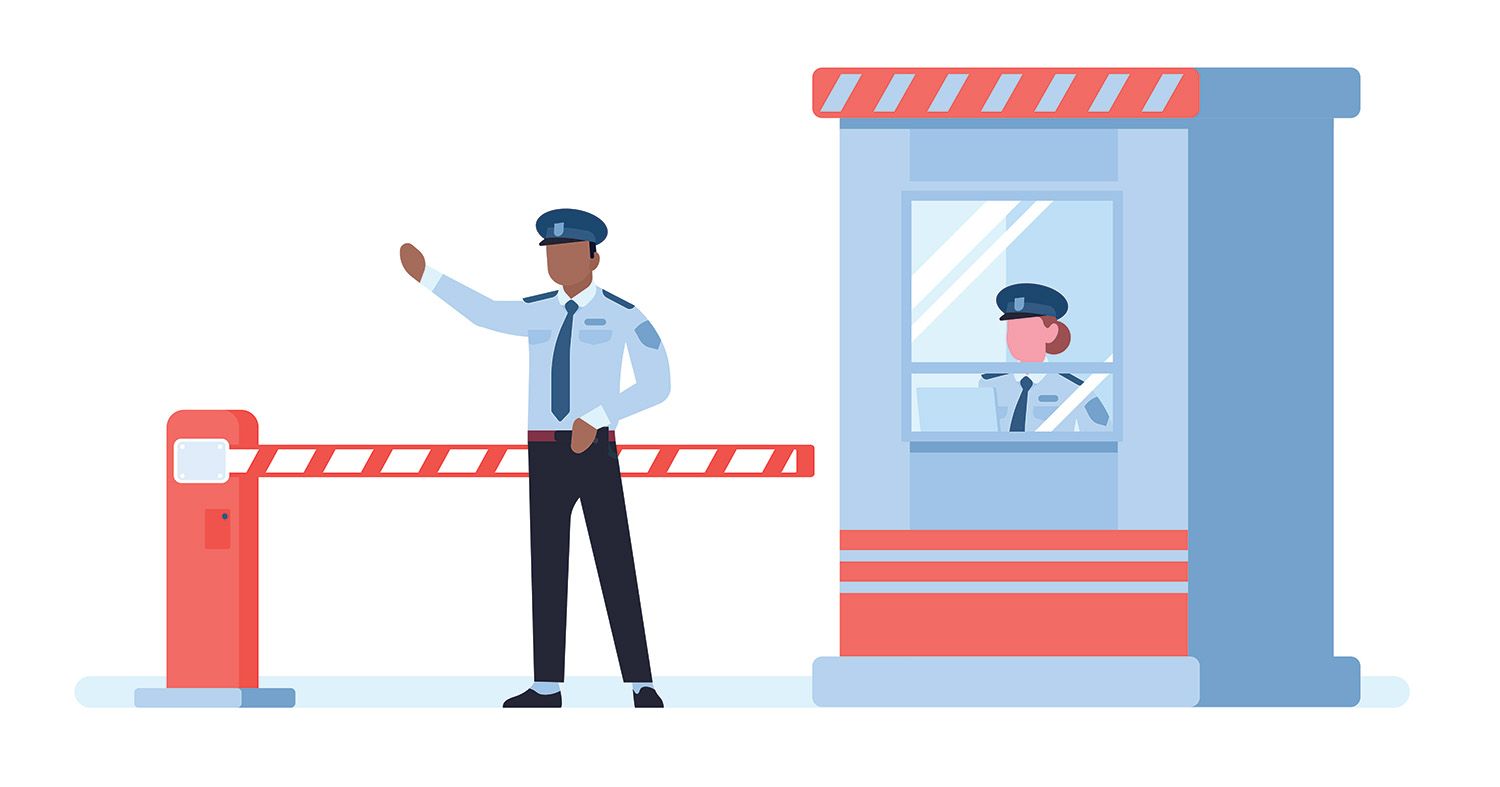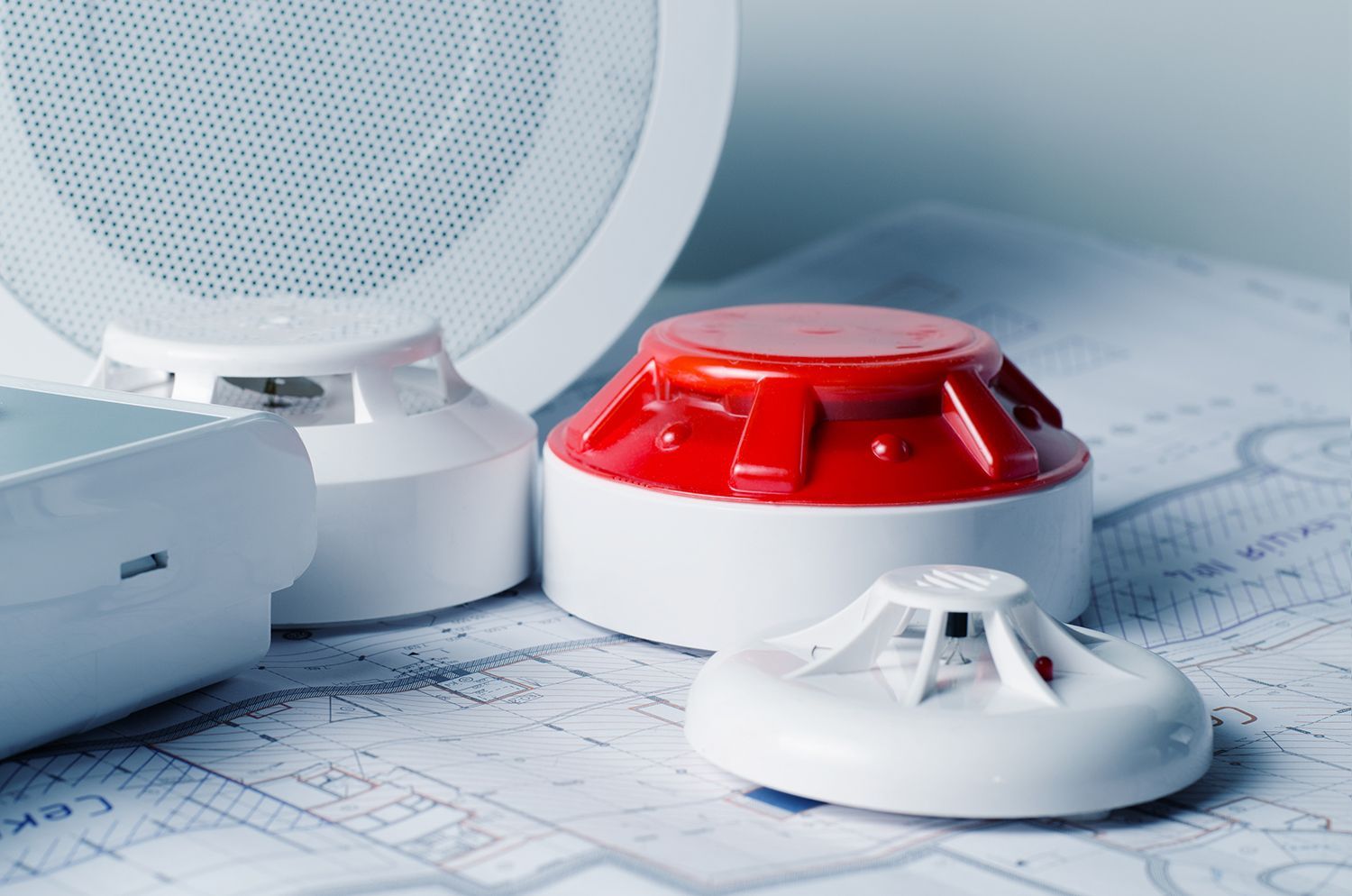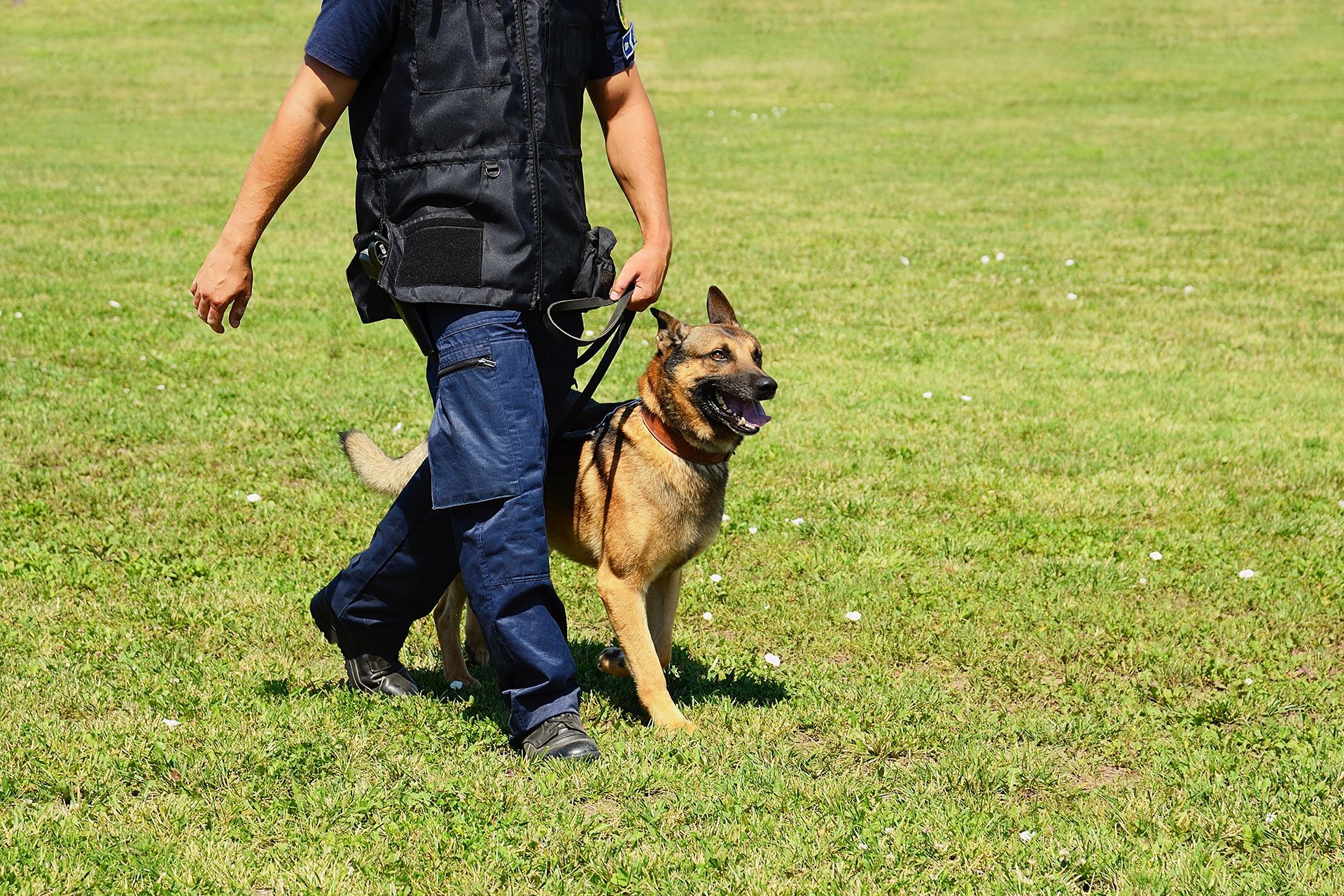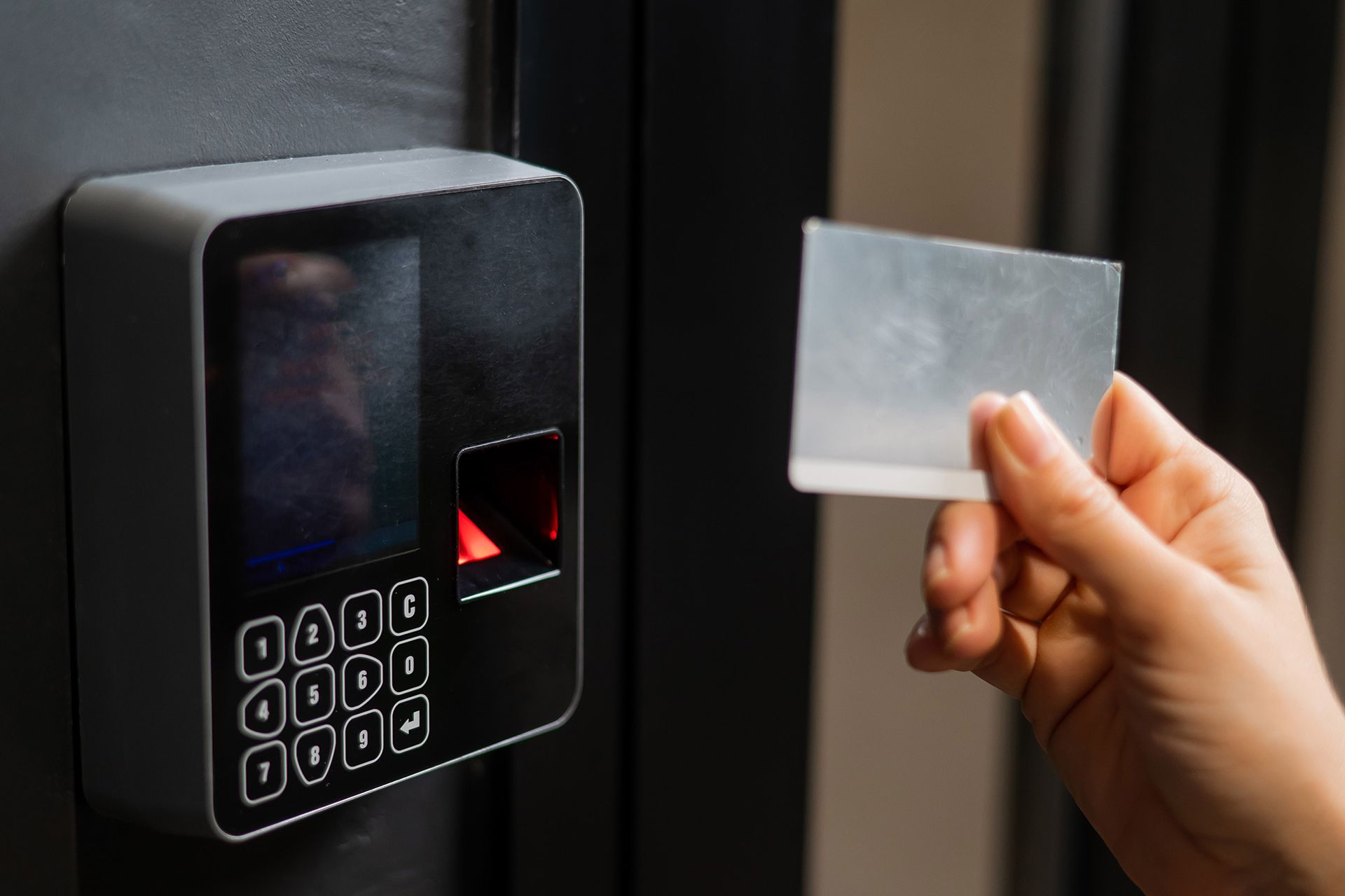Safeguarding Your World with Vigilance and Dedication

In the complex and ever-changing landscape of security, static security officers stand as steadfast guardians, protecting people, property, and assets. In this 750-word article, we will explore the vital role of a static security officer, their responsibilities, and the significant impact they have on maintaining safety and security.
The Essence of a Static Security Officer
A static security officer, also known as a security guard or security officer, is a trained professional responsible for safeguarding specific locations or assets. Unlike mobile security personnel, static security officers are stationed at a fixed post, where they diligently carry out their duties with unwavering commitment.
The Responsibilities of a Static Security Officer
Static security officers bear a wide range of responsibilities that are essential for preserving safety and security. Here are some of their key duties:
1. Access Control
One of the primary roles of a static security officer is to control access to the premises they protect. They verify the identity of individuals seeking entry, ensuring that only authorized personnel or visitors gain access. This role is critical for maintaining the integrity of secured areas.
2. Surveillance and Monitoring
Static security officers conduct regular patrols and use surveillance systems to monitor the premises. Their keen observation skills enable them to detect and report any suspicious activities, potential hazards, or security breaches. This proactive monitoring helps prevent security incidents.
3. Emergency Response
In the event of emergencies, such as fires, medical incidents, or security breaches, static security officers are trained to respond swiftly and effectively. They take immediate action to mitigate the situation, including alerting emergency services and guiding evacuations if necessary.
4. Alarm Systems Management
Static security officers often manage alarm systems, ensuring that they are functioning correctly. When alarms are triggered, officers investigate the cause, assess the situation, and take appropriate actions, such as contacting the authorities or conducting on-site assessments.
5. Incident Reporting
Detailed incident reports are a fundamental aspect of a static security officer's role. Officers meticulously document security-related incidents, accidents, or breaches. These reports provide valuable information for investigations and serve as a foundation for preventive measures.
6. Customer Service
Static security officers often serve as the first point of contact for visitors, employees, and clients. They provide assistance, directions, and information while maintaining a professional and courteous demeanor. Their role extends beyond security to enhancing the overall experience of those they interact with.
The Training and Qualifications of a Static Security Officer
Static security officers undergo rigorous training and must meet specific qualifications to excel in their roles:
1. Security Training
Static security officers receive comprehensive training in various security protocols, including access control, surveillance, emergency response, and conflict resolution. This training equips them with the knowledge and skills needed to identify and mitigate potential security risks effectively.
2. First Aid and CPR Certification
Many static security officers are required to obtain first aid and CPR certification. This certification enables them to provide immediate assistance in medical emergencies, potentially saving lives.
3. Legal and Ethical Training
Security officers undergo training in legal and ethical standards to ensure that they operate within the bounds of the law and respect the rights and privacy of individuals.
4. Communication Skills
Effective communication is essential for static security officers. They must communicate clearly and confidently with visitors, employees, and emergency services, ensuring that information is conveyed accurately.
5. Conflict Resolution
Training in conflict resolution techniques equips static security officers to de-escalate tense situations and maintain a peaceful and secure environment.
The Benefits of Static Security Officers
The presence of static security officers offers numerous benefits, making them an invaluable asset in various sectors:
1. Deterrence
The visible presence of static security officers serves as a potent deterrent to potential criminals and intruders. Knowing that trained professionals are on-site discourages unauthorized access and criminal activities.
2. Rapid Response
Static security officers are strategically positioned and ready to respond swiftly to security breaches or emergencies. Their immediate presence can prevent or minimize damage and harm, leading to faster and more effective responses.
3. Professionalism
Static security officers uphold high standards of professionalism. They are well-trained, well-groomed, and maintain a reassuring and dependable presence for clients and the public.
4. Incident Resolution
In situations ranging from minor disturbances to critical emergencies, static security officers are adept at managing incidents. Their training ensures that incidents are resolved effectively, minimizing potential risks and disruptions.
Conclusion
Static security officers serve as the unsung heroes of security, working diligently to ensure the safety and security of people, property, and assets. With responsibilities encompassing access control, surveillance, emergency response, and incident reporting, static security officers play a vital role in maintaining order and peace.
The benefits they bring—including deterrence, rapid response, professionalism, and incident resolution—make them an indispensable asset. At A-Z Security Services Ltd, our static security officers uphold the highest standards of vigilance and professionalism, enhancing overall safety protocols. In a world where security remains a paramount concern, these officers continue to be an essential component, providing individuals and businesses with the confidence and assurance they deserve.










